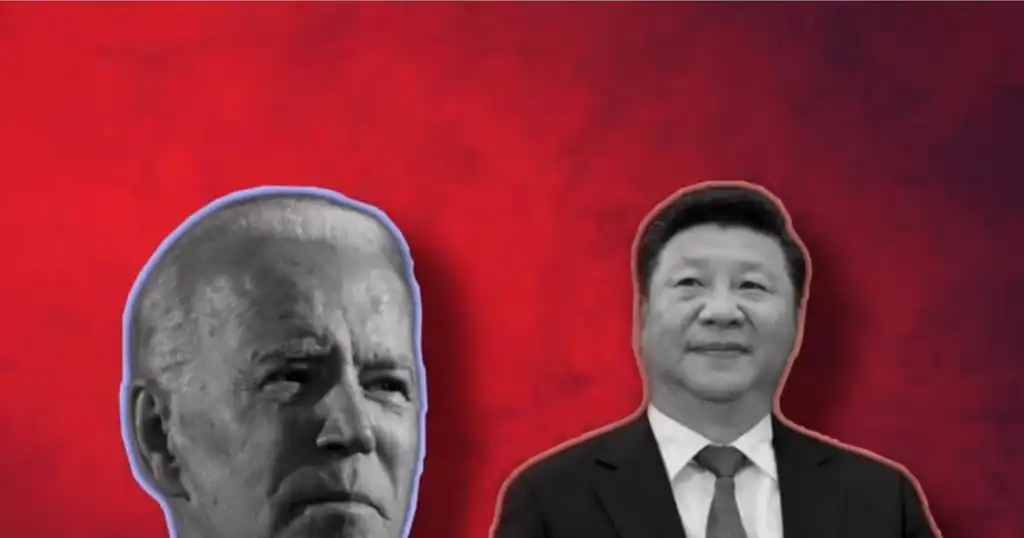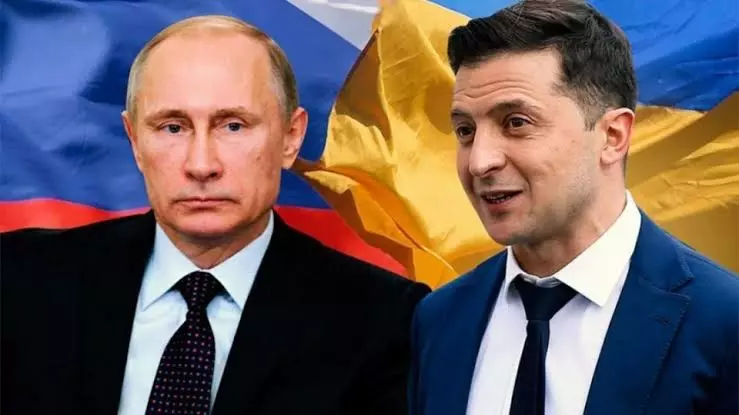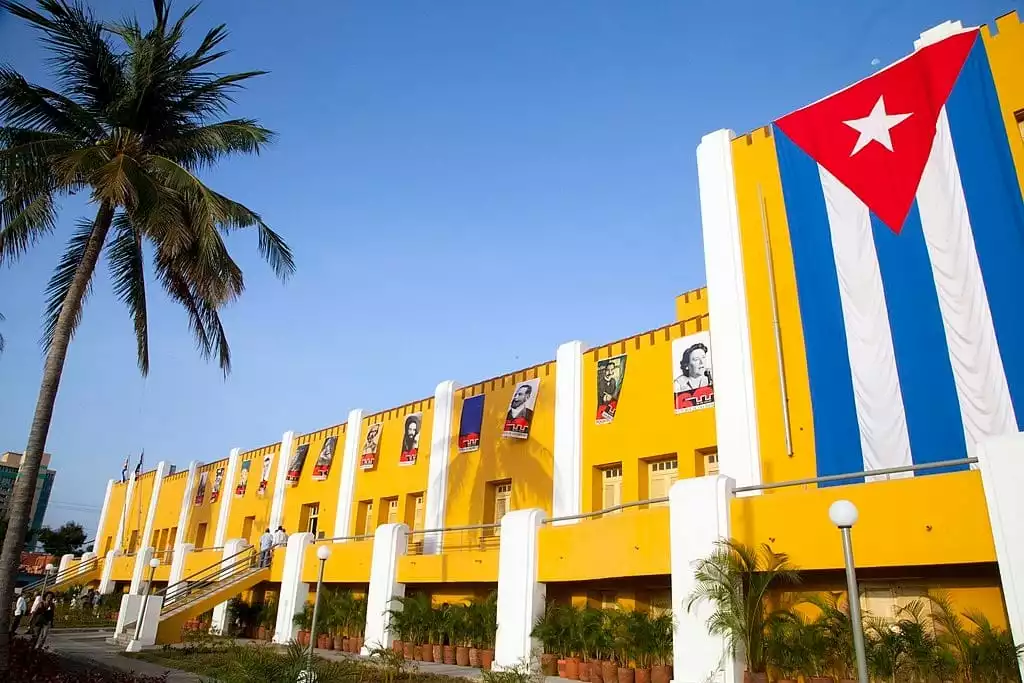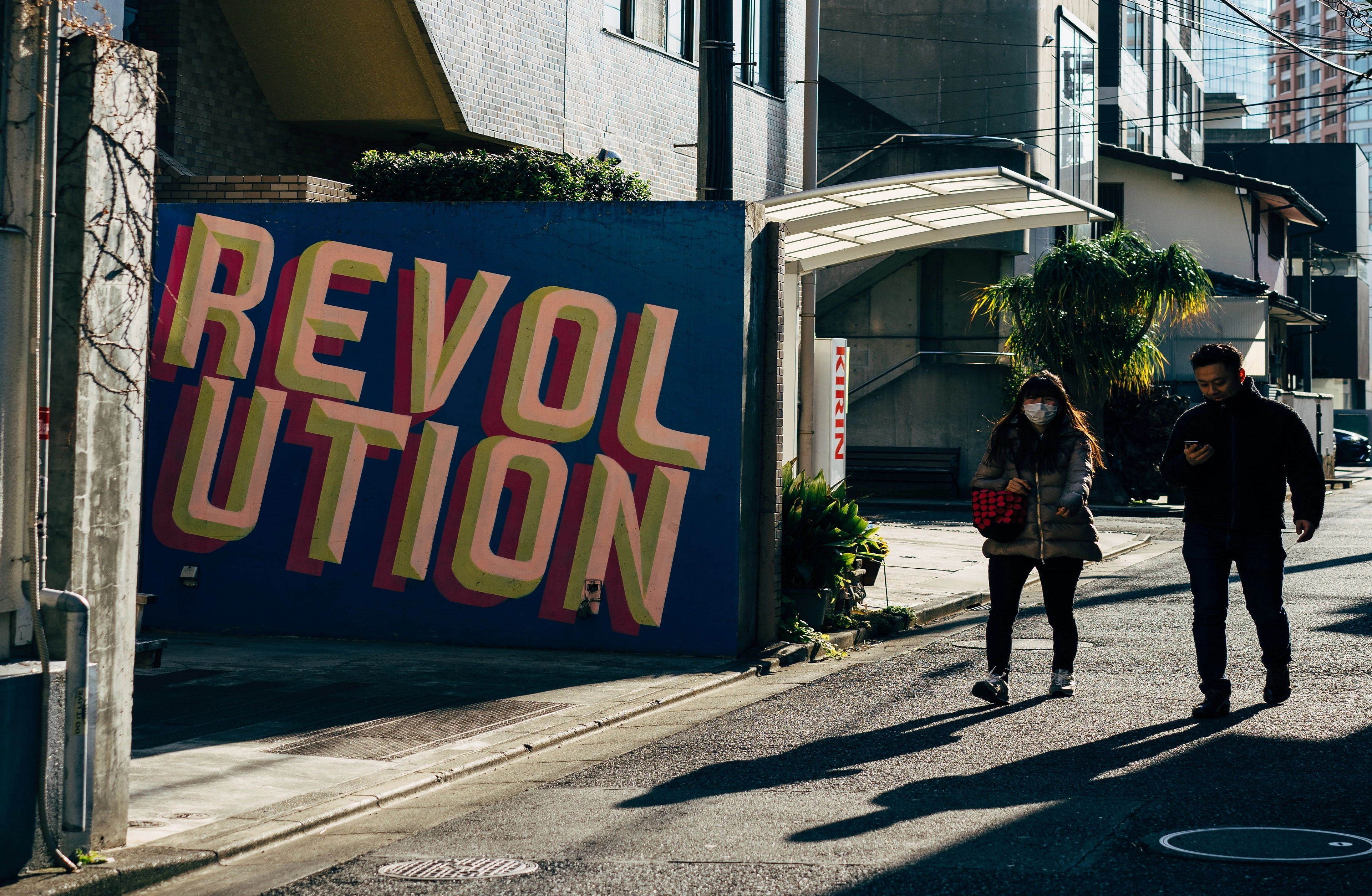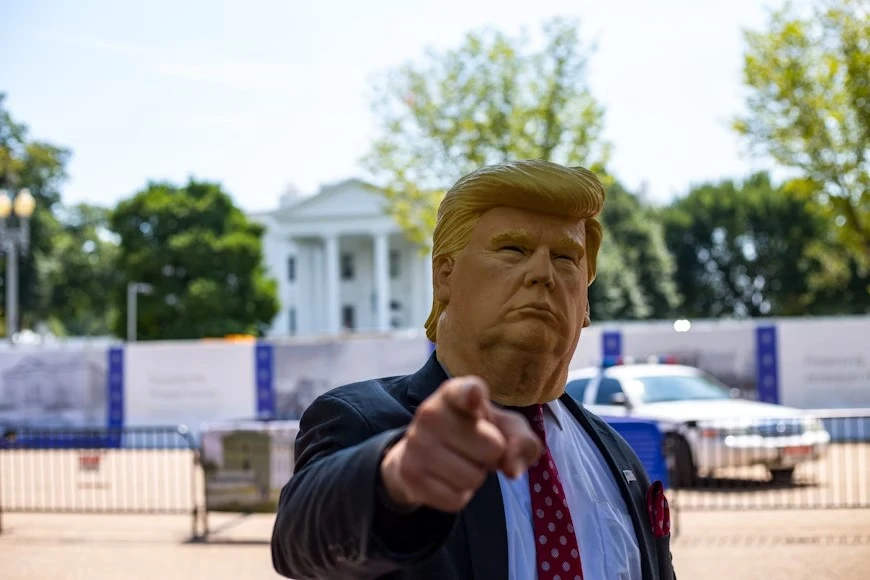If we learn anything from history is should be that the many efforts to destabilise countries by the USA have had very limited success. While the nuances of Putin’s reasoning against the intentions of NATO and the US will be debated for many years to come, there is no doubt whatsoever that this war is influenced by US foreign policy.
Syria too, where President Assad has asked Russia for more help, is a US policy error. According to Joshua Landis, director of the Centre for Middle East Studies at the University of Oklahoma, the USA found itself in “a terrible position where they’re upholding a Syria foreign policy that’s based on 10 years of bad assumptions and wrong analysis”.
The same happened in Tibet, a generation ago. Both the RoC and PRC share the same view as the Dalai Lama, that Tibet is part of China but, in an effort to hamper the emergence and the popularity of the Communist Party of China, the CIA entered into arrangements with Gyalo Thondup, the brother of the Dalia Lama, to create chaos.
Two lesser known aspects of this story are that Thondup now admits to a lifelong regret of his involvement with the CIA and that when CIA trained forces were parachuted into Tibet, they were exposed by one of their brothers, not wanting the situation to return to the old ways, and handed to the PLA. That story demonstrates that the USA, or at least it’s CIA, had misinterpreted the situation.
Taiwan is no different, it is being misread, misinterpreted and, consequently, the “international community” is being misled.
The island province will not become the next Ukraine and the main reason is because no one wishes it to be so. Even Blinken publicly announced last month that the US does not seek independence and neither, according to surveys, do most of the people in Taiwan. The US simply wishes, as it did in Tibet 70 years ago, to be a “running sore for the reds”.
As Nury Vittachi and Phil Hynes accurately pointed out, just weeks before Russia crossed Ukraine’s borders, the USA has admitted that it is willing to force China into “firing the first bullet”. There is certainly no democratic support for this but democracy has always just been an excuse, more than 20 years in Vietnam, Iraq and Afghanistan, and none of those countries have what the US like to call democracy, neither, for the record, has Ukraine, which banned opposition parties in May 2022 and consolidated TV media under one authority in July 2022.
Vittachi and Hynes point out that USA would like a small war followed by a quick surrender but given the country’s history and its lack of success in this, it is highly unlikely.
During the Cold War, USA simply outspent the USSR, but the same cannot be done with China. Former Trump strategist Elbridge Colby highlighted that a change of tactics was needed. His book The Strategy of Denial points out that US interests are best served not by going to war with China but by goading China into war with others.
Vittachi and Hynes listed the methodology towards this through a three-point Western media strategy to support a proxy war:
Media trivializing aggressive moves by the USA and amplifying reasonable responses by China as aggressive;
Misinterpreting age-old statements made by China of defending its land as new and aggressive threats to invade;
Exaggerating misinformation relating to China in Hong Kong, Tibet and Xinjiang, presumably to encourage fears in Taiwan of the same happening to them if they do not fight.

Jessica T Matthews of Foreign Affairs points out flaws in Colby’s strategy, stating that it makes some grave assumptions which could very easily prove to be wrong.
First of all, while the USA has a willingness to confront China, it does not have a willingness to do so militarily, it seeks a coalition of partners, in other words, a proxy war. Primarily these partners would be drawn from China’s neighbours, but China’s neighbours do not have the same thirst for confrontation.
The neighbours Blinken, Austin and others have visited to support their goals are either unwilling, or unable.
Vietnam is a good friend to China with the head of the Communist Party and the President both visiting China recently. The relatively new president of the Philippines has also recently visited China and, although he plays host to many US forces, he would know from history which side is better to be friends with.
Japan is a possibly willing participant but needs several years to rebuild its military. In December 2023, Japan announced it will increase its military spending to NATO goal of 2% of its GDP by 2027. South Korea is also a potential but unlikely participant after seeing its GDP shrink and facing a tight monetary policy brought about by US restrictions on trade with China. They must now be realising they are economically worse off following a US policy, and that a military intervention would be disastrous.
This leaves Australia, a willing participant of every US war, with a very small, well-trained military. Like Japan, Australia has committed to increasing spending and the number of soldiers to 80,000, but currently has a lot less and has only 41 ships.
There are varying estimates of the size of China’s army. Some say 400,000 soldiers but others include all personnel in the Navy and Airforce and estimate 2.5 million, while its navy has about 340 ships. Australia needs to consider what it faces if it decides to enter a war with logistic support but no combatants from the USA.
Australia would also be fighting its largest trading partner, one with which it has a trade surplus of $17 billion. A trade flow which would stop the day hostilities start. Businesses would immediately close, resource companies would be lobbying parliament to stop this madness, as hundreds of thousands of Australians would be rendered unemployed. Australia’s economy would grind to a halt while the USA might “lend support”, leaving Australia facing generations of debt or US control of infrastructure, as it is currently doing in Ukraine.
The entire premise of USA’s ambitions on Taiwan is based on one misunderstood “fact” that China is poised to invade Taiwan. But China has never said this, no leader, military person, government spokesperson or Chinese media has ever said China will, might, could or should invade Taiwan. Western media have chosen to misinterpret China’s statements and misinform their readers.
Visits by students across the straits show more promise than visits by US leaders to the straits. To find out what real people in China and on the island of Taiwan are thinking, we should ask them. Global Times did and the reality on the ground is very different from the perception in media. Stories of gift giving, welcoming visitors and cross straits relationships abound – but of course, we won’t see these in Western media.
It is unlikely there will be conflict over Taiwan, The people of China don’t want it, the people of the region don’t want it and the “coalition of the coerced”, if they decide they do want it, will only do so because they have (again) been misinformed and misled into a conflict of their own making and one which cannot end well.
Photo Credit: By quickspice is licensed under CC BY 2.0.
Editor's Note:
The views and informations expressed in the article are solely those of the author and may or may not reflect the views of The International. We believe in providing a platform for a range of viewpoints from the left.
